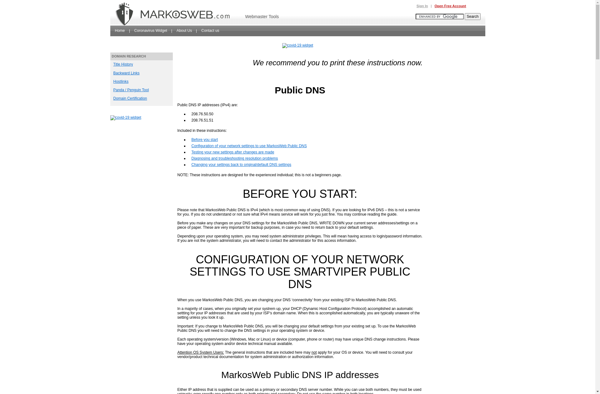DNSCrypt Protocol
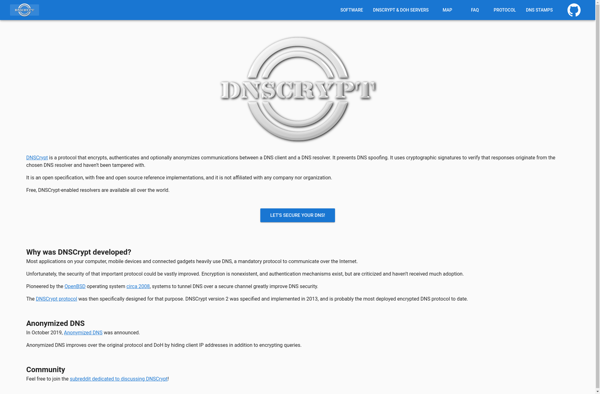
DNSCrypt Protocol
An open standard for encrypting DNS traffic between a DNS client and DNS resolver, preventing eavesdropping and manipulation of DNS data.
What is DNSCrypt Protocol?
The DNSCrypt Protocol is an open standard that provides encryption of DNS traffic between a DNS client and a DNS resolver. It was created to improve user privacy and security by preventing eavesdropping and manipulation of DNS data. Here's how DNSCrypt works:
- It utilizes cryptography (public-key and symmetric cryptography) to authenticate communications between the DNS client and DNS resolver. This ensures that the client is talking to the authentic chosen resolver.
- The communications channel between client and resolver is encrypted using the high-speed ChaCha20 and Poly1305 cryptographic algorithms. This prevents third-parties from accessing or tampering with DNS queries and responses as they travel across the network.
- DNSCrypt protocols add only 2 bytes of overhead per packet. This makes it very lightweight on network resources.
- It can detect and block various DNS spoofing and manipulation attacks including DNS cache poisoning, DNS spoofing, etc.
- Many DNS resolvers like Cleanbrowsing, Cisco OpenDNS, etc. offer support for the DNSCrypt protocol, allowing users to easily turn encryption on through their client software.
- The protocol uses a mechanism called 'DNS stamping' for authentication. The resolver signs each response with their unique key so the client can match it against the chosen resolver.
- Supports multiple encryption algorithms including XSalsa20-Poly1305, XChacha20-Poly1305, etc. to allow flexible tradeoff between speed and security.
Overall, DNSCrypt offers an easy way to encrypt DNS traffic and prevent unnecessary snooping and manipulation of DNS data on the network.
DNSCrypt Protocol Features
Features
- Encrypts DNS queries to prevent eavesdropping and manipulation
- Uses cryptographic signatures to verify responses originate from chosen resolver
- Open protocol that can be implemented in DNS clients and resolvers
- Supports DNS-over-HTTPS and DNS-over-TLS protocols
- Can use elliptical curve cryptography for encryption
- Designed to be easy to implement and require little computational overhead
Pricing
- Open Source
Pros
Cons
Official Links
Reviews & Ratings
Login to ReviewThe Best DNSCrypt Protocol Alternatives
Top Security & Privacy and Encryption and other similar apps like DNSCrypt Protocol
Here are some alternatives to DNSCrypt Protocol:
Suggest an alternative ❐NixNet DNS

CleanBrowsing

Simple DNSCrypt

Comodo Secure DNS

OpenNIC

DNScapy

SafeDNS
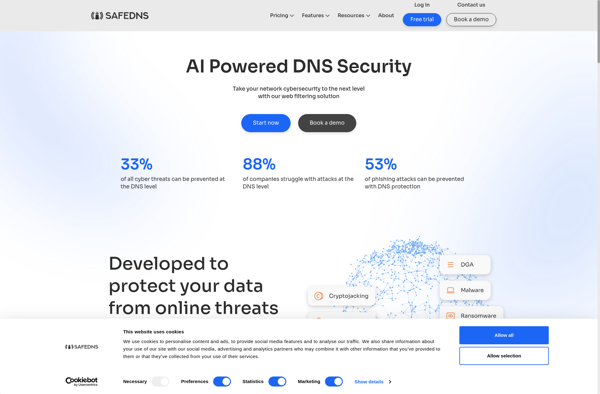
Freenom World
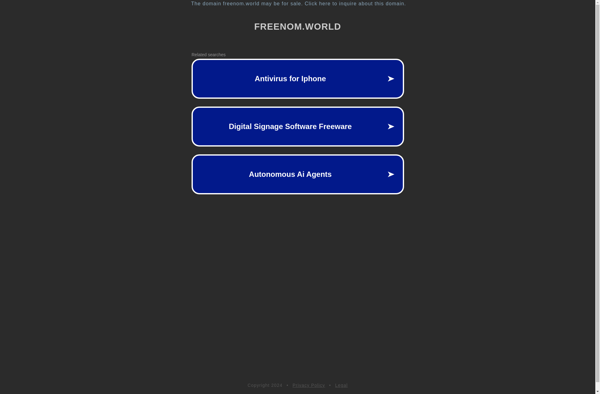
WebTitan DNS Web Filter

DNS Redirector

OpenDNS DNSCrypt Proxy

Blue Reef

DNSReactor
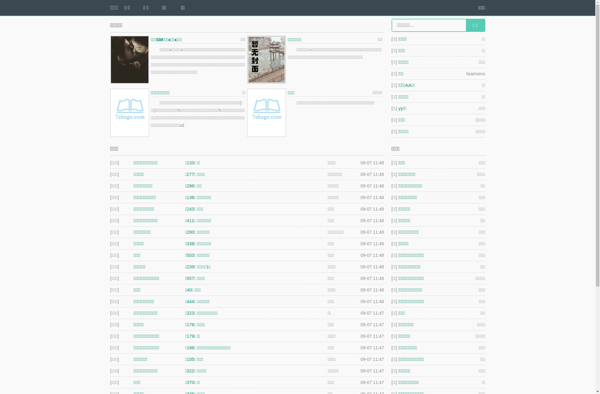
DNSCrypt Windows Service Manager

DNSCrypt Proxy Client

SmartViper Public DNS
